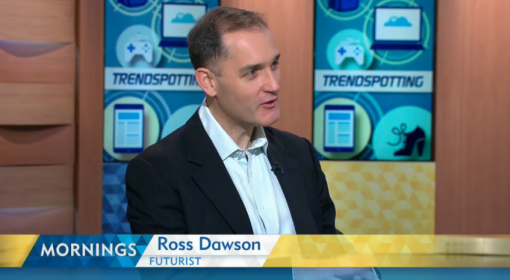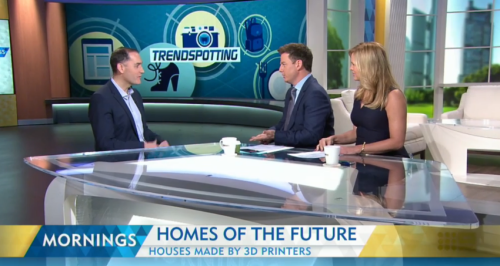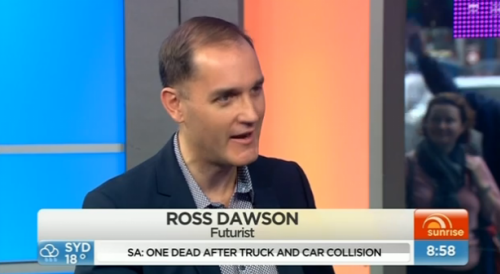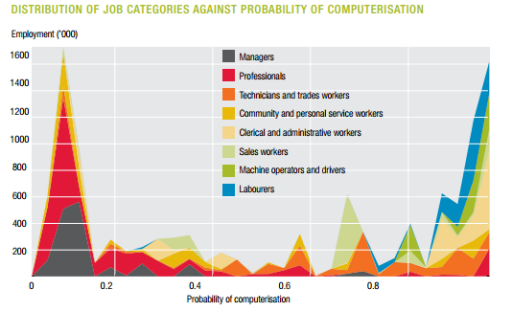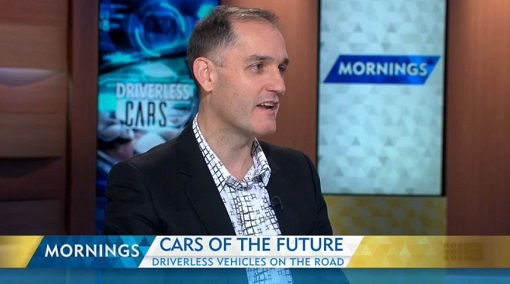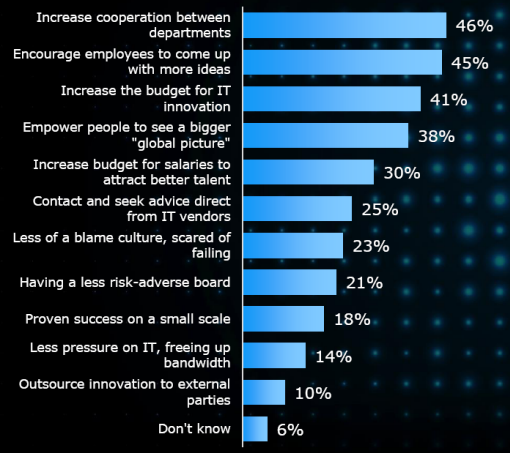Big game changers: Immersive reality and customer robot service
An article in yesterday’s Sydney Morning Herald, Five business trends set to shape 2016, asked three business “clairvoyants” what innovations small business will see in 2016: Craig Rispin, Jon Tanner, and myself.
Here are a couple of the quotes from me:
On Immersive Reality:
Futurist Ross Dawson, who heads Advanced Human Technologies Group, says the debut of Facebook’s Oculus Rift (and a host of other virtual reality head-sets arriving next year) is his “big game changer”. It will be arriving in the first quarter of 2016. Dawson believes it could transform the retail, travel, education and property industries. It is not augmented reality (as in Google Glass) but immersive reality: the images move in sync with a user’s head movements.
It could be used to offer virtual snapshots of off-plan apartments to prospective property buyers, give travellers the opportunity to peruse a virtual city or visit a mock art gallery in cyberspace, Dawson says. “You could immerse yourself in a battlefield or spend a virtual day in Rome, Paris or Berlin.”
On Automation:
Dawson expects to see greater automation in the retail and hospitality sectors, but believes fast food outlets will be the first to deploy robots. He mentions US-based Orchard Supply Hardware whose “OSHbot” answers questions and directs customers to products. There is also California’s Aloft Hotel, run by three-foot-high (91cm) “botlrs” which have 7-inch touchscreens to interact with patrons.
Here are videos of these robots:
Companies large and small need to be actively thinking about and exploring how these kinds of new technologies will change their business, and how they can seize the emerging opportunities.

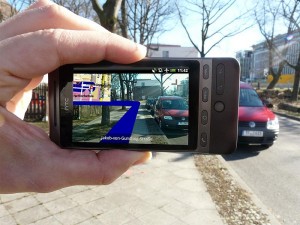 I was recently interviewed for an extended feature on the future of travel,
I was recently interviewed for an extended feature on the future of travel, 